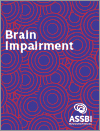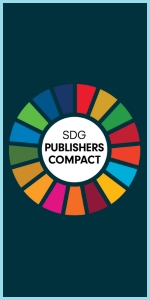Going home after a stroke is a significant milestone in the stroke recovery journey; however, stroke survivors have unmet needs in relation to discharge planning processes. Our survey found that healthcare professionals working in stroke care experience challenges in coordinating care between services, resulting in inconsistent practice. Our study suggests that clearer guidance and support is needed to improve communication between hospital-based clinicians and primary and community care providers, which will benefit outcomes for stroke survivors.
This article belongs to the Collection Clinical Implementation to Optimise Outcomes.
IB23092 Abstract | IB23092 Full Text | IB23092PDF (895 KB) | IB23092Supplementary Material (511 KB) Open Access Article





